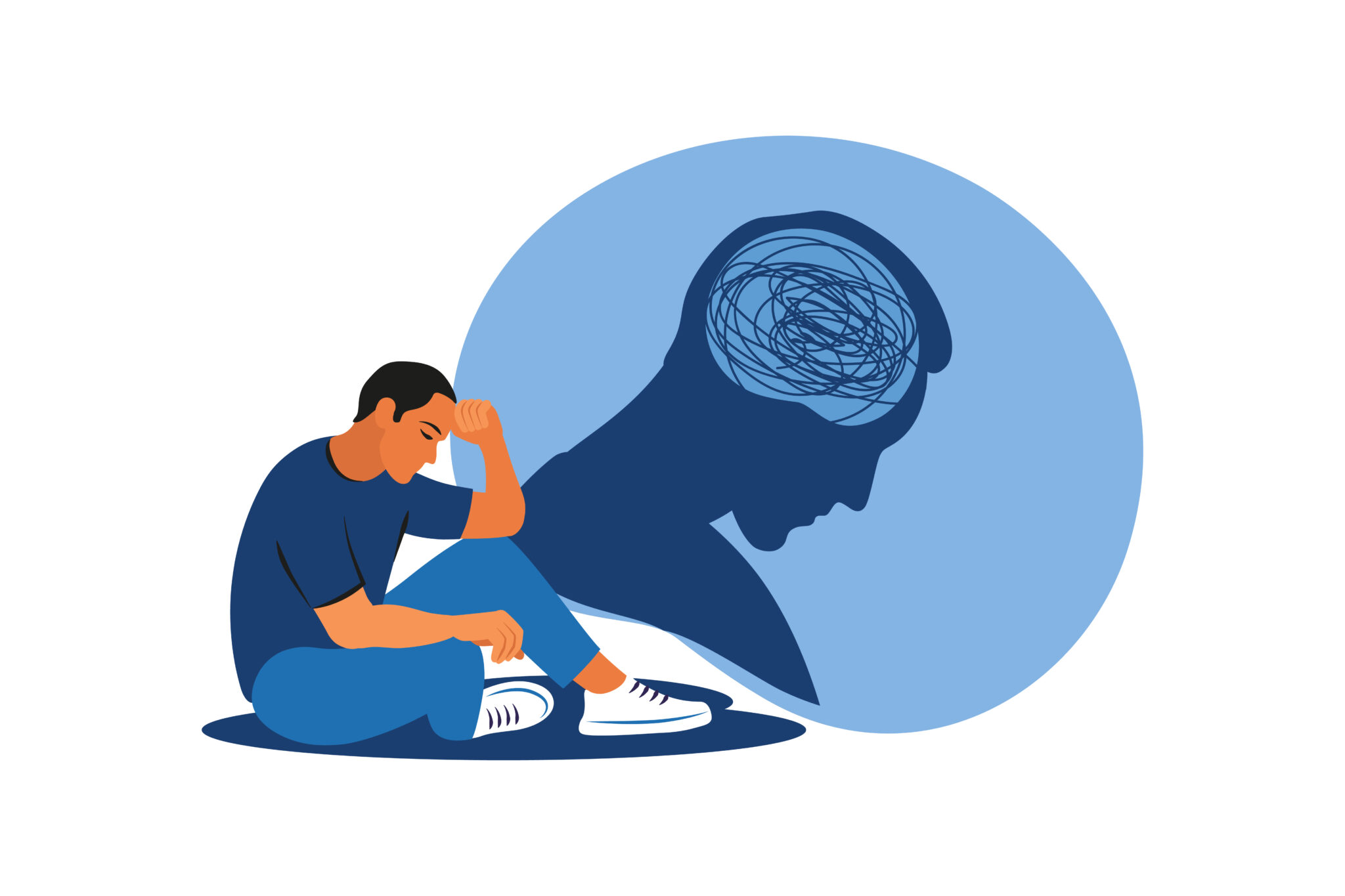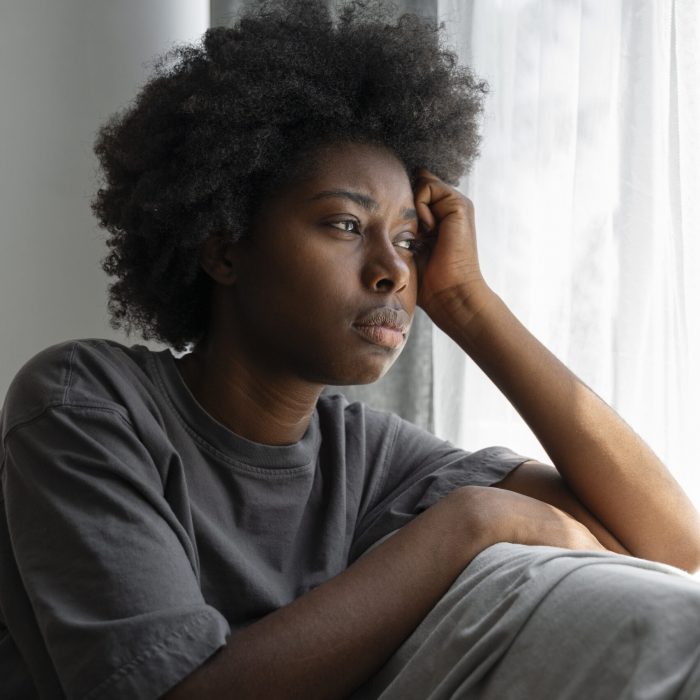Treatment-Resistant Depression Research Study
Researchers at CAMH are conducting a study to evaluate the effectiveness of COMP360, a synthetic form of psilocybin, in treating treatment-resistant depression (TRD) when combined with psychological support from a trained therapist.

Fast Facts

Ages 18+

Diagnosed with depression

Reimbursement Provided

Conducted in
Toronto, CA
Study Background
Help us learn more about investigational treatment options for treatment-resistant depression (TRD).
Treatment-resistant depression (TRD) is a serious condition where standard antidepressants don’t work for some people, leaving them with limited options. This study is testing COMP360, a synthetic form of psilocybin (a compound found in certain mushrooms), to see if it can help. COMP360 is given along with therapy from a trained therapist as part of a complete treatment plan. Psilocybin affects the serotonin system, which helps regulate mood and sleep, and may reduce symptoms of depression.
This three-part study lasts up to 62 weeks, with participants receiving up to four COMP360 sessions. They’ll get medical support to gradually stop any medications that might interfere, such as current antidepressants. The goal is to understand the best dose and safety of COMP360 for people with TRD, potentially offering a new option for those who haven’t responded to traditional treatments.

Study Background
Help us learn more about investigational treatment options for treatment-resistant depression (TRD).
Treatment-resistant depression (TRD) is a serious condition where standard antidepressants don’t work for some people, leaving them with limited options. This study is testing COMP360, a synthetic form of psilocybin (a compound found in certain mushrooms), to see if it can help. COMP360 is given along with therapy from a trained therapist as part of a complete treatment plan. Psilocybin affects the serotonin system, which helps regulate mood and sleep, and may reduce symptoms of depression.
This three-part study lasts up to 62 weeks, with participants receiving up to four COMP360 sessions. They’ll get medical support to gradually stop any medications that might interfere, such as current antidepressants. The goal is to understand the best dose and safety of COMP360 for people with TRD, potentially offering a new option for those who haven’t responded to traditional treatments.


Additional Information
This study is being done to assess the effectiveness and safety of COMP360, a synthetic form of psilocybin, in reducing symptoms of treatment-resistant depression (TRD) when combined with psychological support.
You may qualify for this study if you meet the following criteria.
Care Receivers:
- Ages 18+
- Diagnosed with depression
- Have treatment-resistant depression (have tried at least 2 medications for your current episoide of depression that haven’t helped)
- Part A (Screening and Initial Treatment):
- You’ll first go through a screening period (3-10 weeks).
- You’ll receive two COMP360 treatment sessions, followed by a 9-week follow-up.
- You’ll be randomly assigned to receive either 25mg, 10mg, or 1mg of COMP360, but neither you nor the study team will know your dose.
- Part B (Second Treatment):
- If eligible, you may receive a second round of COMP360 with the same dose as in Part A.
- You’ll have follow-up visits every 4-5 weeks for 17 weeks. Some of these follow-ups may happen by phone.
- Part C (Final Treatment):
- If eligible, you may receive a 25mg dose of COMP360.
- Follow-up visits will occur every 4-6 weeks for 26 weeks, with some by phone.
Throughout the study, clinicians will support you in stopping any restricted medications (like antidepressants), and you’ll need to stay off these medications in Part A. If you need to go back on antidepressants, you may have limits on future COMP360 treatments but will still be followed up until the study ends.
Participants will be reimbursed for paid expenses in relation with the clinical study visits (travel, accommodations, meals, etc.).
There is no cost to you to participate in our study.
